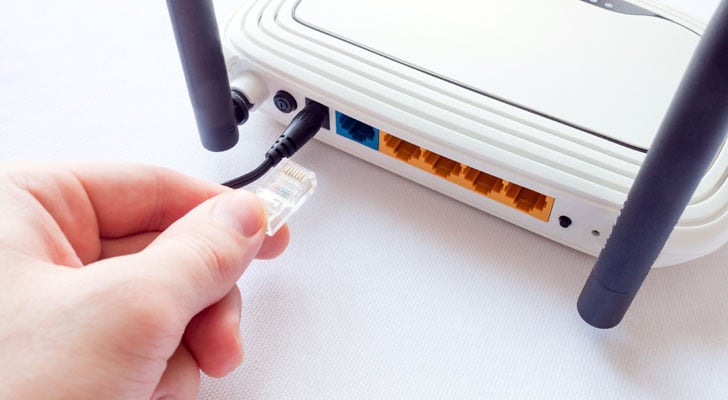There is life after net neutrality…for the biggest Internet Service Providers …which are also the biggest cable providers.
The strategy of companies like AT&T (NYSE:T), Comcast (NASDAQ:CMCSA) and Verizon Communications (NYSE:VZ) are now clear. They will copy the strategy they already used in cable. Bundle “free” programming in with Internet service, and then raise the price of the Internet service to compensate.
Verizon announced this today by making Alphabet (NASDAQ:GOOGL) YouTube service and Apple (NASDAQ:AAPL) TV “free” when it launches 5G service. Verizon insists it doesn’t have to buy a content creator to succeed.
But as a content creator, the rewards can be sweet. AT&T can make Time Warner content “free” and simply move the money being paid into one of its pockets into the other. Comcast can do the same thing with NBC Universal content, since it owns NBC Universal.
And when cord cutting continues to be a rising concern for these companies, the ability to increase internet prices without losing costumers is a welcome relief.
Self-Justifying Higher Prices
All this works because consumers don’t have a choice today for broadband service.
Millions of consumers only have either a cable provider or a telephone broadband provider, based on the FCC definition of 25 MBPS service as broadband. The old DSL modem that defined broadband several years ago is now narrowband, delivering just 4 MBPS.
The fight for net neutrality that was waged by groups like
Public Citizen was based, in part, on this reality. The argument was that ISPs would slow streams of services they didn’t own, like Netflix (NASDAQ:NFLX), while keeping the speeds of services they did own high.
But today’s wired Internet is much, much too fast for that to become reality. So is much of the wireless Internet. Comcast is now offering speeds of 75 MBPS and 150 MBPS. AT&T UVerse is offering gigabit speeds in some areas, which drops to “just” a few hundred megabits when consumers opt for cable. (The cable and Internet services use the same wire.)
Thus, re-creating the cable bundle under Internet contracts makes perfect sense. The profitability question becomes how much will the major cable/internet providers have to pay to do that? The answer is not much.
TV Everywhere
This plan was telegraphed years ago by the cable industry’s launch of TV Everywhere, which delivers programming over home TVs and WiFi devices. Wireless routers are now routinely bundled with cable modems, so the incremental cost of the “additional” service is nearly zero.
This also provides additional business opportunities.
Comcast is selling non-subscribers a “mobile” service based largely on its own customers’ WiFi hotspots. It’s “free” to Xfinity customers because it comes out of their own equipment, but the company can also sell access to its customers’ routers to people walking down the street, by the gigabit or by the month.
Will 5G Change Things?
One question is whether 5G will change things. The answer is it will, but maybe not as much as you think as every company goes in on the idea of content bundle.
A few years ago, for instance, Comcast and Verizon ran a cable under the sidewalk in front of my house. The two companies shared the cost, Verizon for wireless backhaul, Comcast for its Xfinity services.
But a few months later, Google brought its own fiber through the alley behind my house. That fiber hasn’t been lit, because the cost of running wires from that line to subscriber homes has proven prohibitive. But what if Google could deliver that service wirelessly?
It could, with 5G. Access to fiber is essential to provide the backhaul needed for gigabit wireless services. The Federal Communications Commission will begin its auction of 5G spectrum, at 24 GHz and 28 GHz (10 times higher on the frequency spectrum than WiFi) starting in November.
How much you want to bet Google is a major bidder? Wherever it bids, I expect, you’ll see its fiber, and its broadband service, following close behind.
And yes, Google might increase competition in some areas, but at the end of the day it’s just another large company like Verizon, Comcast or AT&T. And if the content bundles work, there is little reason for the company to offer anything else. So as the major telecoms have found a way to fight against cord cutting, once again, the consumers lose.
Dana Blankenhorn is a financial and technology journalist. He is the author of the new historical mystery romance The Reluctant Detective Travels in Time, available at the Amazon Kindle store (and soon in paperback). Write him at danablankenhorn@gmail.com or follow him on Twitter at @danablankenhorn. As of this writing he owned shares in T.

